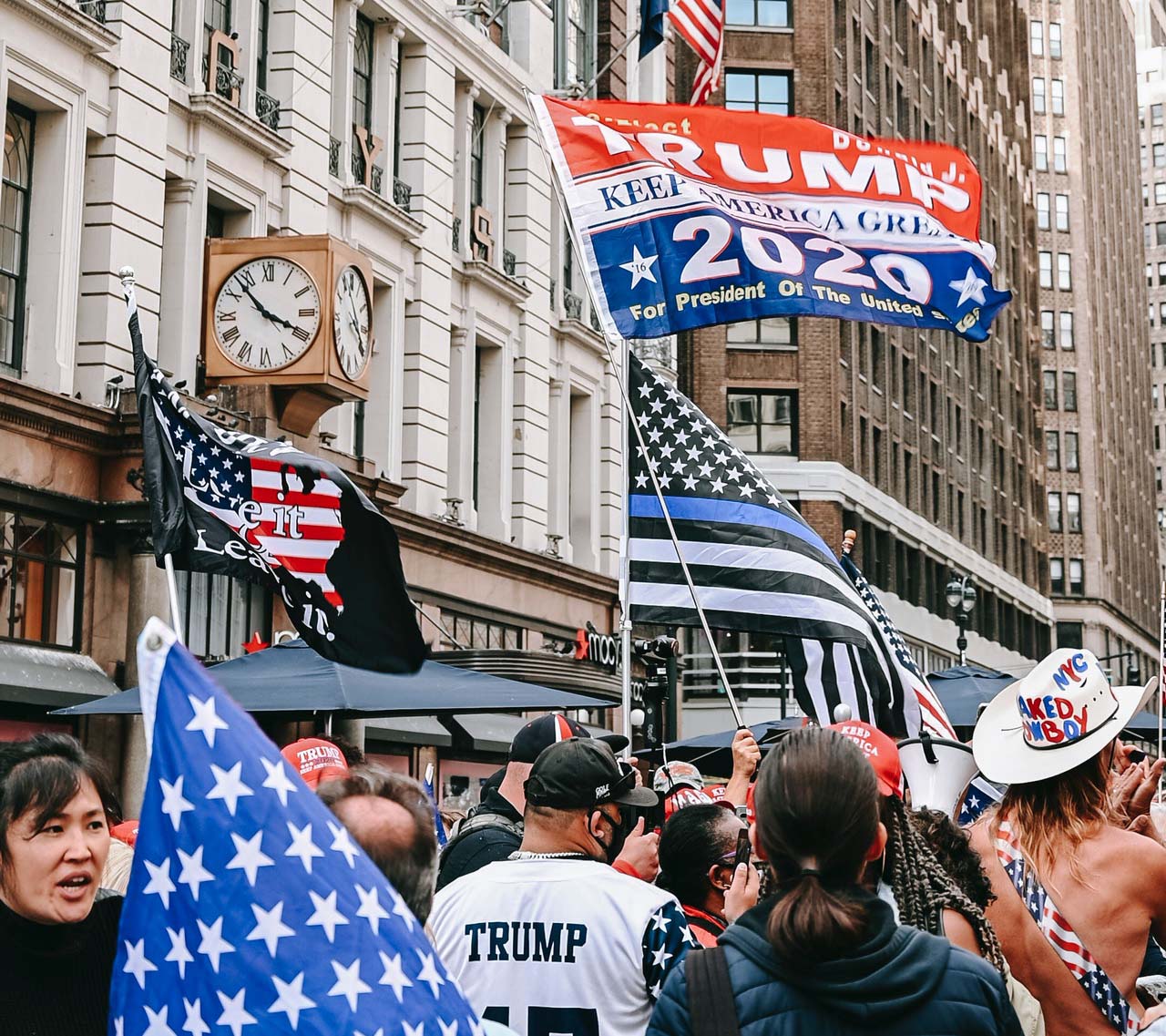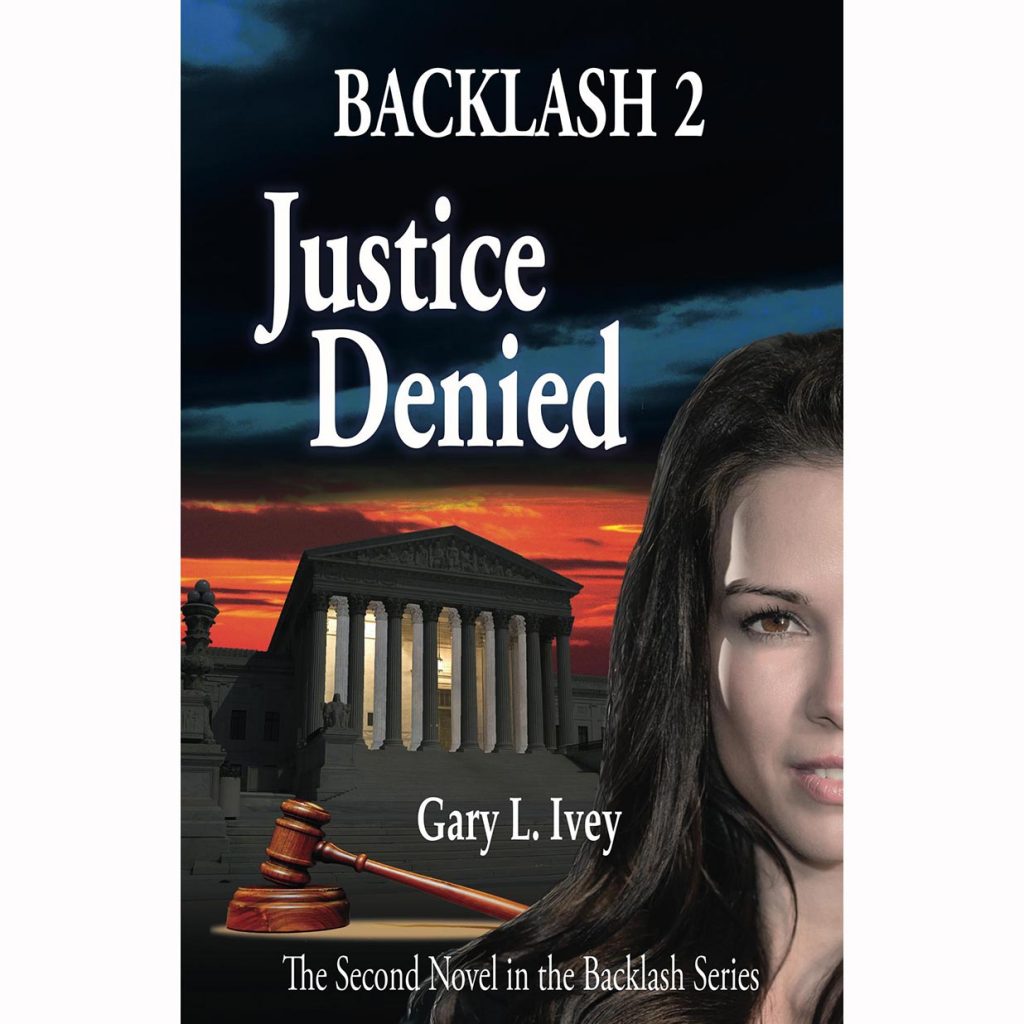I’ve not posted anything on this blog during this election, though there has been a lot I could have said. And this post is not about what I hope the outcome will be. If you have read other posts here, you know where I stand.
In this post, I want to instead comment on the post-election process. Why are the Trump campaign lawyers vociferously challenging the conventional wisdom (aka mainstream media) that Biden won? Conversely, why would Democrat poll workers be willing to risk jail time by allegedly committing voter fraud using at least five separate methods that have been highlighted by the news conferences, legislative hearings and lawsuits put forward by the Trump campaign’s lawyers?
The answer, I think, is that our country has strayed far from the intention of the founders, whether you look at the actions of Democratic or Republican politicians. In the minds of the authors of the Constitution, the person who held the office of president would largely be irrelevant to individual citizens. The tenth amendment to the Constitution (the last word of the Bill of Rights) reads: “The powers not delegated to the United States by the Constitution, nor prohibited by it to the States, are reserved to the States respectively, or to the people.” This means the Federal government was intended to have limited powers. Most of the political power was to be in the hands of the States, “or the people.” The Federal government was only allowed specified, “enumerated” powers. Most political power was the province of the states.
Our republic is the longest lasting republic currently in existence, thanks to the genius of our founders. In their minds, the focus of individual citizens should be their local governments. In fact, the Constitution stipulates that the state legislatures are to appoint the electors who elect the president (Article II, Sec. 1, Clause 3). The popular vote for president is irrelevant, as Hillary Clinton found out. As a result, the Democrats have promised to alter or do away with the Electoral College, if the Biden administration is sworn in. This would be difficult to do because it would require a Constitutional amendment, which is also accomplished by a super majority of the states, not a popular vote.
Individual citizens always voted directly for their representatives in Congress’ House of Representatives, but the territory they represent is very small; usually less than whole states and often less than whole counties. For the first 125 years of our history, US Senators were not voted for by individual citizens, being instead appointed by a vote of the state legislature, until the adoption of the 17th Amendment in 1913(!). Coincidentally (?) that was the year the first Federal income tax was instituted.
All of this is in line with the sentiment of the 10th Amendment: that the power was to be in local hands as much as possible and the Federal government was to be concerned with outward-facing matters, like foreign policy, the conduct of wars, etc.
So how did things change? Today, many of us can’t even name our representative in Congress, much less our state representatives. But we are all focused on the president and are more likely to know who our US Senators are. This is exactly backward from the intent of the framers of the Constitution.
Unfortunately, the president who is considered one of our greatest actually began the process which brought us where we are today: Abraham Lincoln. The first Republican president’s election was enough to precipitate the Civil War, because the Democrat slave owners in the South knew the Republican party was founded to end slavery. When Lincoln won the election of 1860, southern states began seceding from the Union, forming their own nation, the Confederate States of America.
Lincoln’s response was to say he wasn’t going to free the slaves, but was committed to holding the Union together. He proceeded to go to war to force the rebel states to remain in the Union.
Secession was not actually addressed by the Constitution, neither providing a process for divorcing, nor prohibiting a state from leaving the Union. Lincoln made it his policy that states, once in the Union, could not leave. None have tried since. This stance, plus other policies he initiated during wartime, greatly added to the power and importance of the Federal government.
Two other wartime and crisis presidents elevated the power and pervasiveness of the Federal government: Woodrow Wilson, during World War I (he was president in 1913, when the 17th Amendment was passed and the income tax was instituted) and FDR during the Great Depression and World War II. The Federal government’s power and invasiveness then took a great leap forward during the Civil Rights movement, the Kennedy Assassination, and the Vietnam War, culminating in Lyndon Johnson’s War on Poverty.
The latter opened the door to the explosion of Federal agencies and the regulation, plus Federal grants which are the Federal government’s carrot-and-stick to control the policies of the states and even the behavior of individual citizens. As a result, state legislatures are focused on obtaining Federal money and millions of individuals now depend on the Federal government for the food on their tables, the roofs over their heads and their medical care. This is about as far from what the founders intended as anything could be without changing our form of government completely.
That is why the presidential election has taken on an outsized importance from what was originally envisioned. For many people, who the president is affects them directly; even representing an existential threat. As wise as our founders were, and as diligently as they were in trying to foresee issues that would arise with the brand new form of government they were constructing, they were unable to structurally prevent the creeping power grab of the Federal government, in which both major parties have participated and accelerated.
While I would like to see our country return to a Federal government limited by the Tenth Amendment’s “enumerated powers,” I fear that horse may forever have left the barn.








Thank you for your insight. Good read. Thank you for the balanced/historical presentation.
Hopefully, those on both sides, those in 2016 who sought to devalue the state’s rights (electorates), and those in 2020 who seek to devalue the legitimacy of each states election officials’ careful vote counts, will realize that we do need to let the horse out to pasture each day for its well-being, but don’t let the barn burn down while it’s out.
A very good and important teaching. I learned a lot!